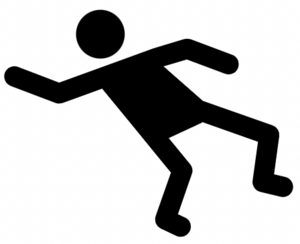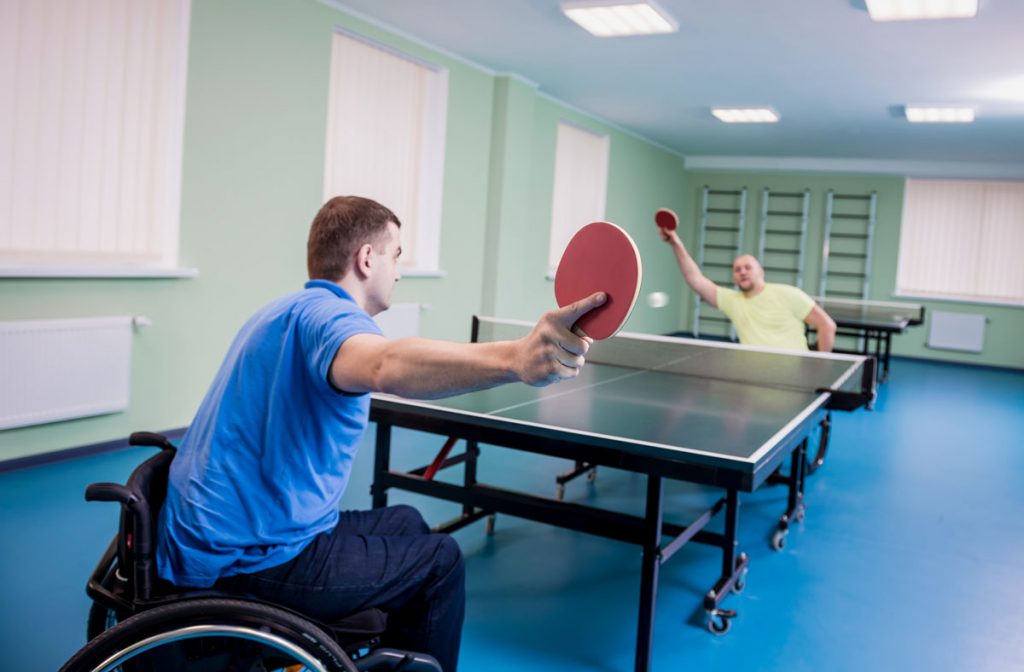What Does Dementia Fall Risk Mean?
What Does Dementia Fall Risk Mean?
Blog Article
Some Ideas on Dementia Fall Risk You Should Know
Table of ContentsThe 25-Second Trick For Dementia Fall RiskHow Dementia Fall Risk can Save You Time, Stress, and Money.Getting My Dementia Fall Risk To WorkSome Of Dementia Fall RiskThe Best Strategy To Use For Dementia Fall Risk
Nevertheless, based upon symptoms and signs, such as evidence of head injury or a new focal neurologic deficit, computed tomography or MRI of the brain may be indicated - Dementia Fall Risk. An analysis for root causes of syncope should be conducted only if there is strong suspicion, as in the case of frequent, inexplicable drops
Medical care suppliers use a loss risk analysis to identify your threat elements for dropping and make useful referrals. An autumn threat assessment is crucial because recognizing which factors boost your opportunities of dropping assists you: Decrease your risk of dropping or injuring yourself.
All adults 65 years and older should have an initial fall risk screening. Have actually dropped in the previous year. Worry concerning dropping.
Not known Factual Statements About Dementia Fall Risk

, and goals especially tailored to patients that are at risk for drops. A is defined as an occasion that results in a person coming to rest accidentally on the ground or floor or various other lower degree (WHO, 2021).
Falling is the 2nd leading reason of fatality from unintended injuries globally. It is approximated that fall death prices in the U.S
What Does Dementia Fall Risk Do?
If this price continues, the CDC expects 7 loss fatalities every hour by 2030.
Each year, over 800,000 patients are hospitalized because of drops. Registered nurses play a significant duty in protecting against drops for their individuals with education, examining autumn risk, creating safer settings, and giving treatments in stopping injuries from falls.
Client will show discerning prevention steps. Patient and caregivers will certainly carry out methods to enhance safety and prevent drops in the home. Autumns are due to several variables, and a holistic technique to the private and environment is very important. Suppose an individual is thought about at high risk for falls after the testing.
Dementia Fall Risk Fundamentals Explained
A from this source needs making use of a validated tool that scientists have taken a look at to be useful in naming the reasons of drops in an individual. As a person's health and wellness and conditions change, review is called for. The degree of fall danger can be established using the evaluation of inherent and external factors. Requirement evaluation devices can additionally be made use of (talked about below).
People are a lot more likely investigate this site to fall again if they have actually maintained one or even more falls in the past six months. The older population is at increased threat of fall-related readmissions based on a research recognizing the aspects predictive of repeat falls linked end results (Prabhakaran et al., 2020).
In addition, confusion and impaired judgment raise the individual's possibility of falling. The capacity of people to protect themselves from falls is affected by such variables as age and advancement. Older people with weak muscular tissues are most click over here likely to drop than those that maintain muscular tissue stamina, flexibility, and endurance. These changes include decreased aesthetic function, impaired shade understanding, adjustment in facility of gravity, unsteady stride, decreased muscular tissue stamina, lowered endurance, modified deepness assumption, and delayed feedback and reaction times.
Not known Facts About Dementia Fall Risk
Less comparison level of sensitivity was rather associated with both boosted prices of drops and various other injuries, while lowered aesthetic acuity was just related to raised loss rate (Timber et al., 2011). Sensory perception of environmental stimuli is extremely important to safety. Vision and hearing impairment limit the client's capability to view dangers in the environments.
Older adults who have poor equilibrium or trouble strolling are a lot more most likely to fall., or other clinical problems and treatments., and use of psychotropic medications (Stanmore et al., 2013).
Report this page